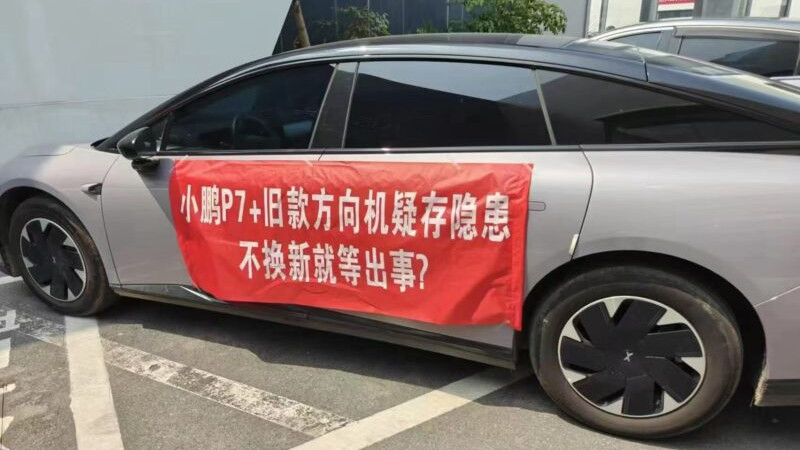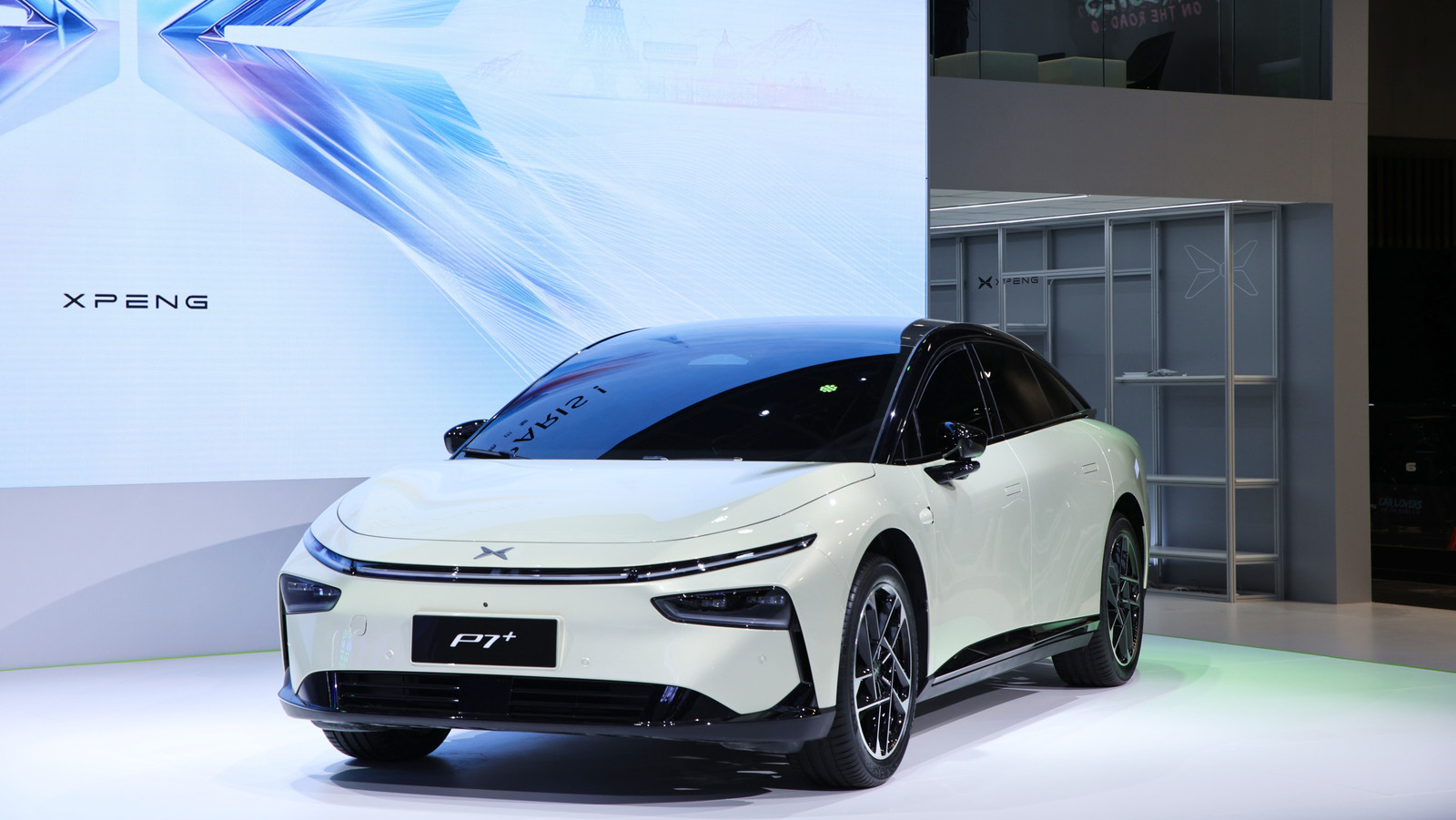Xpeng to recall nearly 48,000 P7+ vehicles after allegations of secretly fixing its steering faults
Approximately three weeks ago, we reported on Xpeng‘s alleged practice of secretly replacing defective parts in its P7+ model whilst avoiding an official recall. This particular issue had already been highlighted in July by Chinese state media outlets like Xinhua News Agency.
Xpeng has now finally opted to issue a recall. Today, the website of China’s State Administration for Market Regulation has polished its recall plan, as translated below:
Recently, Xpeng New Energy Investment Co., Ltd. filed a recall plan with the State Administration for Market Regulation, in accordance with the requirements of the ‘Regulations on the Administration of Recall of Defective Automobile Products’ and the ‘Implementing Measures for the Regulations on the Administration of Recall of Defective Automobile Products’.
Recall Number S2025M0142V: Effective from 15th September 2025, a recall will commence for a total of 47,490 Xpeng P7+ vehicles manufactured between 20th August 2024 and 27th April 2025.
For some vehicles within the scope of this recall, poor contact in the power steering motor sensor harness may lead to fluctuations in the steering gear sensor signal, causing the steering fault warning light to illuminate and a loss of power steering assistance. This presents a safety risk.
Xpeng New Energy Investment Co., Ltd. will replace the improved steering gear assembly free of charge for all affected vehicles, thereby eliminating the safety risk.
Xpeng New Energy Investment Co., Ltd. will notify relevant vehicle owners of the recall details via mobile app push notifications, telephone, and other methods. Owners may log in to the XPeng Motors mobile app or call the service hotline on 400-783-6688 to obtain detailed information regarding this recall.
Editor’s comment
It appears Xpeng has finally chosen to confront the issue rather than evade it. The competition among China’s new energy vehicle (NEV) manufacturers is exceptionally fierce, and naturally, all new entrants are keen to achieve profitability as quickly as possible; however, this must be done in compliance with regulations.
Xpeng’s previous approach, in the long run, would not only fail to help it achieve profitability sooner but would actually slow down its path to profitability, and could even destroy the company. Naturally, recalls incur costs, but supplying substandard products to the market is not only detrimental to a company’s long-term development but also poses a significant threat to road safety.




